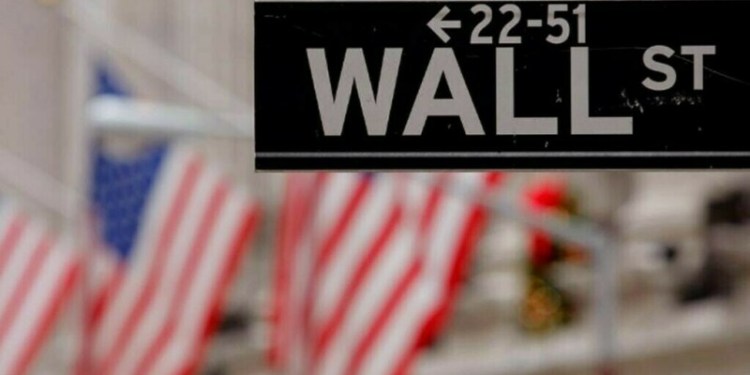Oil prices dived about six percent Wednesday after US stockpiles of petroleum products rose, pointing to a continued glut on the market.
US benchmark West Texas Intermediate for February delivery shed $ 2.00, or 5.6 percent, to finish at $ 33.97 a barrel on the New York Mercantile Exchange. That marked the lowest WTI close since December 2008, during the financial crisis.
In London, Brent oil for February delivery, the European benchmark, closed below $ 35 for the first time in more than 11 years at $ 34.23 a barrel, down $ 2.19 (6.0 percent) from Tuesday’s settlement. The last time the price of Brent was so low was in July 2004.
The US Department of Energy’s weekly report Wednesday showed a sharp drop in US commercial crude inventories, by 5.1 million barrels to 482.3 million barrels in the week ending January 1. Experts polled by Bloomberg had forecast a modest rise of 500,000 barrels.
“What was unexpected was the overwhelming inventory increase in gasoline and diesel fuel — the extent of the gasoline inventory build was a very big surprise,” said Andy Lipow of Lipow Oil Associates.
Gasoline stockpiles jumped by 10.6 million barrels and distillates, including diesel and heating fuel, rose by 6.3 million.
“The petroleum product inventory build has led to pressure on crude oil prices because it impacts refining margins and they (refiners) might ultimately cut their demand for crude oil,” Lipow said.
The DoE data also showed a gain in US crude production, by 17,000 barrels a day to 9.22 million barrels a day, the fourth straight week of increases, and a rise in stockpiles at the Cushing oil hub in Oklahoma, the delivery point for WTI.
Geopolitical concerns overhung the market, from the diplomatic crisis between Saudi Arabia and Iran, a stream of weak Chinese economic data and North Korea’s announcement Wednesday of a successful hydrogen bomb test.
The plunge in the Brent price “is a knock-on effect from the likelihood that the geopolitical tensions between Saudi Arabia and Iran have put an end to hopes on a deal on oil production,” GKFX analyst James Hughes told AFP.
“If you then add this to the fact that we have had relentless bad news out of China… then the snowball effect is in full swing.
“The events in North Korea have only added to further downward pressure.”

























